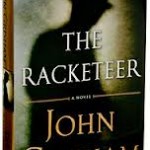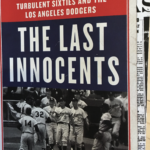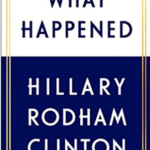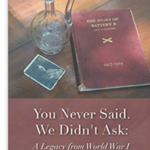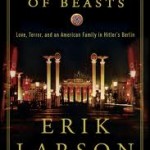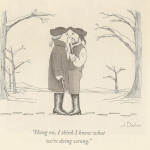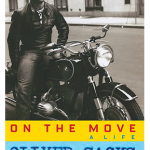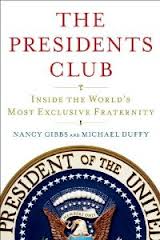Citizens of London: The Americans Who Stood With Britain In their Darkest Hour by Lynne Olson
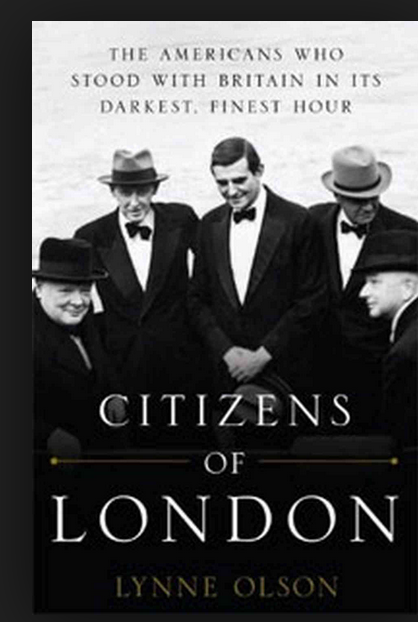 Citizens of London: The Americans Who Stood With Britain In Their Darkest Hour by Lynne Olson
Citizens of London: The Americans Who Stood With Britain In Their Darkest Hour by Lynne Olson
I thought that I had a pretty good understanding of the famous cast of characters behind the scenes of World War II. Growing up in the post-war years, I read many books and followed radio, television and movies on this subject. I certainly heard the previous generation talk about FDR and the New Deal. Also, Edward R. Murrow was one of my heroes and I collected his I Can Hear It Now record albums and as a youngster, I followed his TV shows Person To Person and other productions, and even tried in a small way to emulate him during college as I had a radio program called Face the Mike. But I must admit after reading Citizens of London, I realized that I “didn’t know squat” which really means I didn’t appreciate what was really going on during this fascinating time in history.
This book puts the spotlight mainly on three people:
Gil Winant who was Ambassador to England from the United States during World War II.
Averell Harriman, who was in charge of Lend-Lease and a confidant of Roosevelt and Churchill.
Edward R. Murrow, who was the iconic radio newsman who made memorable broadcast from England back to the United States.
In addition, this book provided an amazing insight into the thinking of Winston Churchill and FD Roosevelt, as well as Dwight Eisenhower and the people around these great men.
This book also captures, in depth, the atmosphere in Britain from the late 1930s to the post-war years. The author provides insight into the thinking and feelings of the citizens of London, as well as the Americans who, for various reasons, spent much of his period in this very special city. We come to see and understand the contrast between England as they battled the Nazis, who eventually took over Europe, and the Americans on the other side of the pond who were very reluctant to get involved in the war. In Britain, they were rationing food while America was coming out of a depression and beginning to enjoy prosperity.
It took the 1941 Japanese attack on Pearl Harbor to get the United States to finally join the British in the war against Germany. This book gives us an inside view of the bustling City of London as hundreds of thousands, if not more, of the allied soldiers gathered to await for D-Day. We see this city become a vibrant place, despite having been heavily bombed by the Germans, that would endure even more severe V2 rocket attacks later in the war.
I also had no idea of the disputes and infighting between the British generals and their American counterparts, as well as the jostling between FDR and Winston Churchill. It was especially interesting to see the behind-the-scene interactions when these great leaders held their secret meetings during the war or as they communicated back and forth through their emissaries. We are also given the sense of the complicated post-war planning or should I say the serious lack of such planning that created many difficulties when the war finally ended. It was an amazing disparity between the jubilant United States at the end of the war that was looking forward to an expanding economy, an equally jubilant, liberated and unscared Paris, filled with victorious soldiers and grateful citizens, whereas London was still climbing out of the devastating damage from the bombing, rationing and the scourge of war as the Americans found their way home.
This book couldn’t cover everything in depth and it is a little light in discussing the extent of the holocaust. It did describe perhaps Edward R. Murrow’s most dramatic radio broadcast back to the United States (even more memorable than the broadcast from a US bomber over Germany that was nearly blasted from the sky) and that was the broadcast of Murrow’s description after he entered the Buchenwald concentration camps with the US troops. As he witnessed the unspeakable horrendous sights he nevertheless did find the words to describe them, despite his tears.
Lynne Olson has tapped many historical resources, published diaries, as well as archives about the war to provide a vivid and sometimes a very personal behind-the-scenes account of World War II. She has framed this story by focusing on a handful of participants, one of which is the City of London itself. The author also pulled aside the curtain that usually covers the personal lives of these famous participants. The wind and heat of war apparently led to various romantic liaisons in the three major subjects of this book, Winant, Harriman and Murrow and even involved trysts with women of the Churchill Family. There was even an unexpected very sad suicide by one very important character in this book.
This is a very well done, informative and interesting book that well deserves your attention.
To purchase this book on Amazon, please click here

